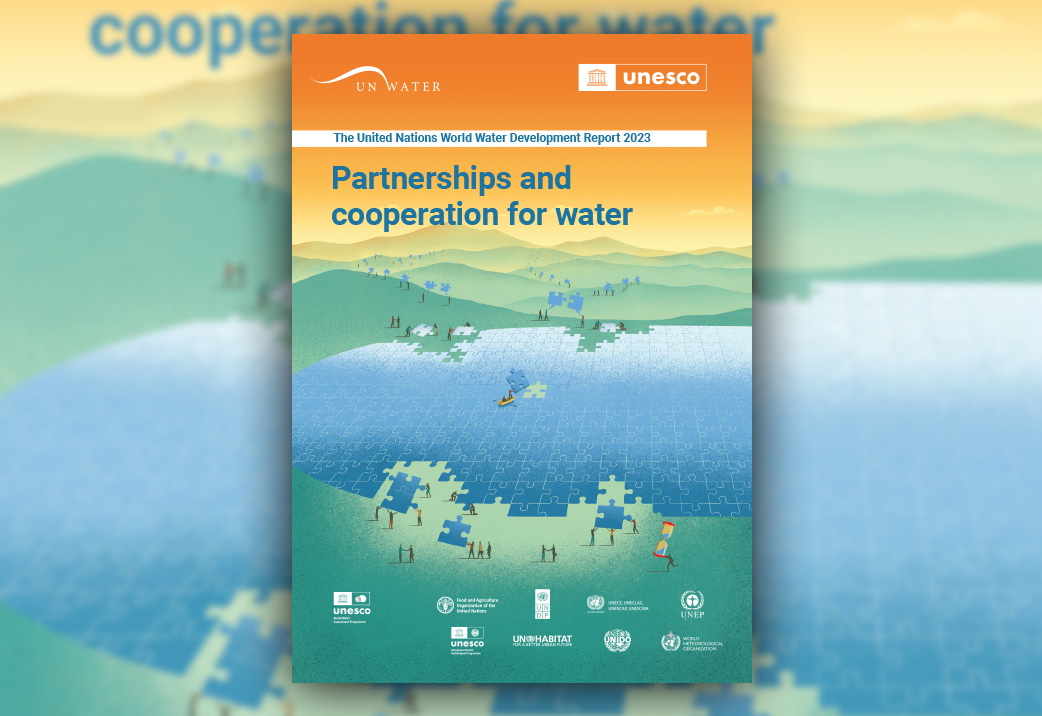Public finance
High time to get organised

The system for taxing international economic transactions is not coherent and does not really merit the label “system”. It is a mixture of – sometimes conflicting – national laws, bilateral treaties and international agreements, treaties and practices. It is complex, involves many players and is very hard for anyone to understand. There is no tax equivalent of the World Trade Organization.
To the extent that we can talk of a system, its foundations were laid down almost a century ago. The major concern, then as now, was the allocation among governments of the rights to tax the profits of companies operating transnationally. From the beginning, the system embodied two biases:
- It favoured the governments of capital-exporting countries and the big private-sector companies, based in those countries, that accounted for almost all international private investment.
- Companies and wealthy individuals, aided by well-paid lawyers and advisers, could exploit – or create – loopholes in legislation and rules to avoid tax. Until the 1960s, Switzerland was a prime beneficiary and the only major tax haven.
The system began to evolve significantly in the 1960s through the combined influence of:
- liberalisation of capital movements,
- steady increases in transnational capital flows,
- economic globalisation and
- the search for sources of livelihood for the many small island jurisdictions that had been part of the British colonial empire.
The number of tax havens multiplied, and the amount of business that they did increased much faster.
The most evident losers from this system were the governments of developing countries. Transnational companies operating in developing countries were especially able and likely to shift their profits, in an accounting sense, to tax havens – where they paid little or no tax. However, the governments of the richer countries also found, over time, that the system was no longer working to their advantage. “Their” transnational companies were locating subsidiaries in tax havens, booking profits there and paying less tax at home. Further, the fiscal secrecy surrounding tax havens was facilitating terrorism, the drug trade and corruption.
Millennial change
Things began to change seriously after the turn of the millennium. The Tax Justice Network, Global Witness and a range of other campaigning groups were established and began to promote public awareness of these issues, especially in rich countries. For the first time, stories about tax avoidance by multinational corporations began to make media headlines. More and more information – of which the Paradise Papers are the latest instalment – came into the public domain.
In 2008, the global financial crisis struck. It soon turned into a fiscal crisis for many governments of the rich countries that belong to the Organisation for Economic Co-operation and Development (OECD). They spent a great deal of money bailing out banks and ran up big debts. As they began to seek more revenue, tax havens and the system that made tax havens possible came under scrutiny. Formally acting under a mandate from the G20 group of leading economies, in late 2013 the OECD launched a two-year process to come up with policy recommendations on these issues. This was termed the BEPS process, where BEPS stands for “base erosion and profit shifting”.
BEPS was focused entirely on international tax and did not deal with the related issue of international money laundering. This was not entirely to the liking of the governments of many developing countries, especially in Africa. They had already become rather attached to a narrative about “illicit financial flows”, that seemed to provide statistics about how much money was being extracted from Africa through national financial transactions. This narrative was promoted in particular through the 2015 “Report of the high level panel on illicit financial flows from Africa” (Mbeki Report).
The concept of “illicit financial flows” is highly judgmental. Statistics on the incidence of illicit flows are questionable and often used in misleading ways. In particular, they tell us little about the tax revenue that African governments are losing and provide a misleading impression of the potential revenue that African governments could earn from reducing illicit flows.
The rhetoric around illicit financial flows did, however, serve to bolster the dissatisfaction of many spokespersons for the global south about the BEPS process. From the beginning, they questioned why responsibility for dealing with a global issue had been assigned to an organisation that was simply a club of rich countries. That questioning never stopped.
So was the BEPS process doomed from the outset? Or did all this criticism of the role of the OECD pile on the pressure to ensure that the final recommendations were not too OECD-centric and would seriously address the concerns of developing countries? One could find evidence for both positions. The BEPS recommendations, produced in 2015, certainly disappointed many people. They did not involve any radical reform of the international tax system. But that had never been the mission. Some recommendations are positive and useful. That is especially true of country-by-country reporting: the recommendation that all large transnational corporations disaggregate their accounts to provide detailed information on their activities in each national jurisdiction in which they operate.
But BEPS is not the end of the process. Indeed, it is clear in retrospect that it was only the beginning. It has intensified rather than closed down the debate. Various other reform initiatives have been developed outside the BEPS process. From the perspective of developing countries, one of the more important are initiatives, led by the OECD, to improve the exchange of information among national tax authorities. The declared goal is to make this system global and fully automatic, so that any national tax administration can obtain automatically from any other country the information it needs on a particular taxpayer.
From the perspective of developing countries in particular, there is still a great deal to do to make these recent reforms useful. Their tax administrations are running into a new – and on the whole rather welcome – problem, exacerbated by the rapid spread of the use of digital technologies in tax administration: they have access to far more information than they can actually process.
All this tax activism and lobbying is beginning to generate real change. Developing countries are not excluded from decisionmaking about international tax issues to the extent that they were excluded a decade ago. In some respects at least, the OECD is taking their interests very seriously. That is not because the OECD is particularly altruistic. As an organisation, it faces some serious challenges. The UN Tax Committee, which is a potential rival as representative of the tax interests of developing countries, has been upgraded. More broadly, the BRICs and other newly emergent national powers are decreasingly likely to fall into line with the views of the rich countries that traditionally dominated the OECD. Becoming a more truly global representative body, in practice if not in terms of formal membership, has become something of an organisational imperative for the OECD.
Let the Struggle Continue
None of this means that developing countries, or organisations that have their interests at heart, should stop pushing for reforms to the international tax system. It does mean that developing countries now can – and I believe should – organise collectively and take the initiative. For example:
- Many aid donors are now committed to spending more money on domestic resource mobilisation in developing countries. The recipients need to decide what they want to spend it on. Empowering themselves to deal with this new flood of information and to take advantage of new arrangements for the exchange of tax information globally could be a priority.
- There is very little harmonisation among developing countries in the legal and organisational arrangements that they make to interact with the global economy in respect of tax issues. Each has their own set of tax treaties, sometimes with very diverse provisions. Some have no laws or rules about the vital if rather arcane issue of transfer pricing. Where they have them, they are very diverse. Similarly, each country draws up its own legislation, rules and administrative procedures about the granting of tax exemptions to investors. Where there is no harmonisation, powerful transnational corporations and foreign governments can deal with developing countries one by one and obtain some rather generous advantages.
It is too much to expect all developing countries to reach agreement on these kinds of issues in less than a decade at least. But there is a great deal of scope for regional and sub-regional coordination and harmonisation. The ball is now in their court.
Mick Moore is CEO of the International Centre for Tax and Development and professorial fellow at the Institute of Development Studies at the University of Sussex.
m.moore@ids.ac.uk












